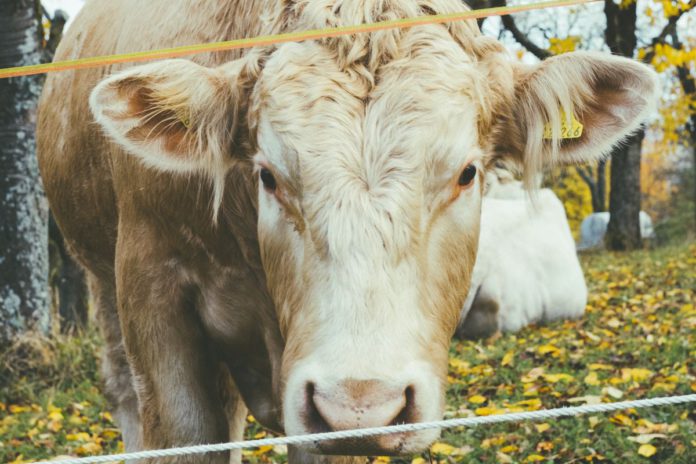Agriculture Minister Edwin Poots has voiced his concerns over new livestock movement requirements from GB to NI.
DAERA has been working with farmers’ unions, market operators and other stakeholders to implement arrangements to facilitate movements of livestock from GB to NI.
Traders in GB, exporting livestock markets, and sales, are working with the Animal and Plant Health Agency (APHA) and Scotland’s Rural College (SRUC) to implement the necessary arrangements to support the movement of cattle and sheep.
Livestock movement requirements
In a statement, Minister Poots said that his department and Defra have worked with the EU Commission to introduce changes to existing EU legislation to make these movements possible.
“The movement of animals between Great Britain and Northern Ireland has been subject to conditions for many years.”
“Import controls are important to maintain our high health status, preserve export markets and support industry.”
“It is important for breeders of top genetic merit animals in Northern Ireland to retain access to markets both in the UK and in Europe.
He said the new arrangements will achieve this objective.
“I am pleased to note the efforts being taken by the livestock industry across the UK and notably sales organisers, to welcome livestock from Northern Ireland and to improve biosecurity for all the animals which attend these events.”
He said purchasers can buy with “greater” confidence, and if animals remain unsold they can return to their premises of origin without impediment.
Segregation and separation
However, he said he is “concerned” with the requirements for segregation and separation.
“I believe that they will not work in practice. I am also opposed to the retagging requirements for animals moving from GB to NI, which go against traceability.”
He said he will continue to press the UK Government and the EU to find solutions which “work on the ground”.





